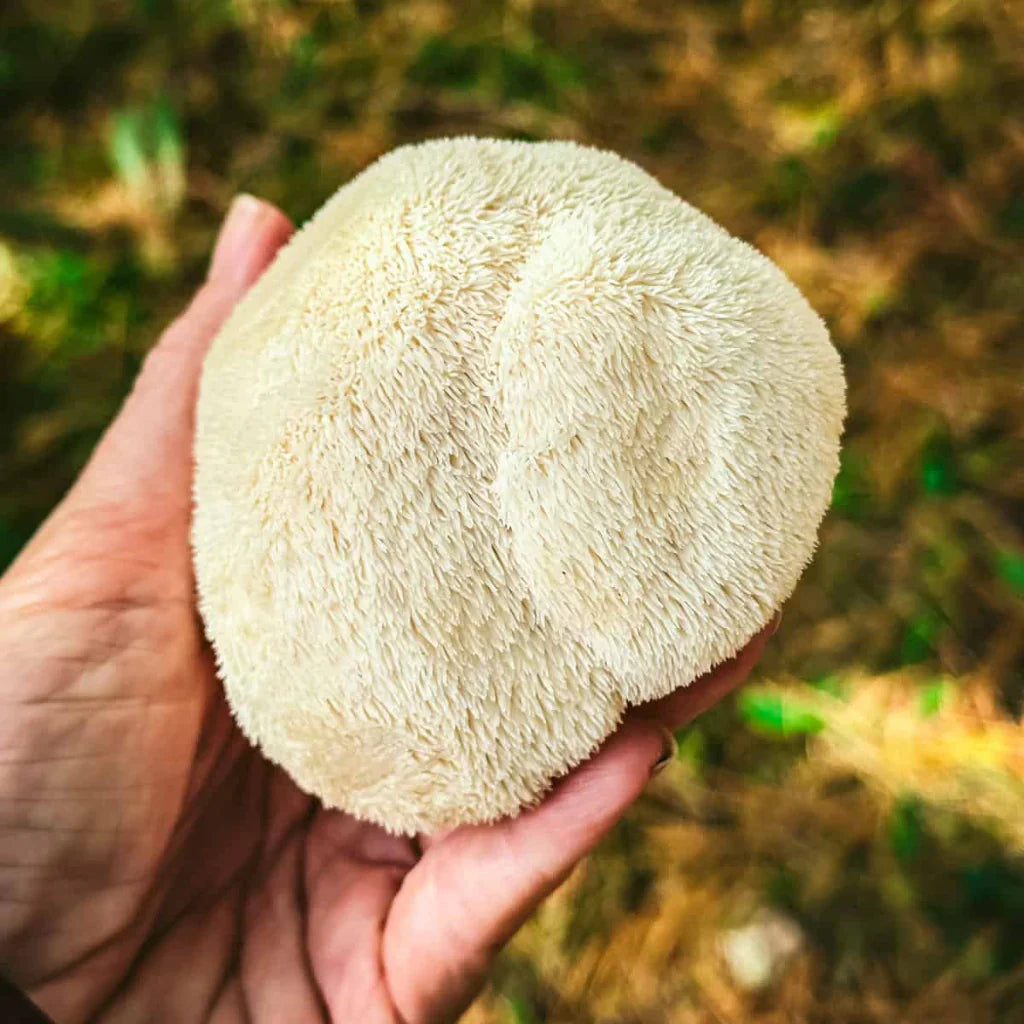
Lion’s Mane and Brain Health: Worth the Hype or Just Another Fad?
TL;DR
Lion’s mane mushroom (Hericium erinaceus) gets a lot of attention for supposedly sharpening memory and protecting against mental decline. But does the research actually back up these bold claims? A 12-week clinical trial found that daily lion’s mane supplements led to a tiny improvement in one cognitive test, but it didn’t move the needle on most others. The takeaway? There might be a small benefit, but it’s nowhere near the miracle some make it out to be.
The Full Breakdown
Mild forgetfulness and sluggish thinking tend to creep up with age, which is why brain-boosting supplements are flying off the shelves. Among the top contenders is lion’s mane, a funky-looking mushroom that has been a staple in traditional Chinese medicine for centuries. It’s marketed as a natural way to boost memory, mental clarity, and even nerve regeneration—but does it actually work?
A well-structured randomized, double-blind, placebo-controlled study—the gold standard for testing supplements—set out to answer that question. Over 12 weeks, researchers tracked 31 adults over 50 years old, splitting them into two groups: one got a daily dose of 0.8 grams of lion’s mane powder, and the other got a placebo (a fake supplement). Their cognitive abilities were put to the test using three standard mental performance assessments.
The Results? Some Gains, But Nothing Mind-Blowing
The Mini-Mental State Examination (MMSE), a commonly used cognitive test, showed a slight but statistically significant improvement in the lion’s mane group compared to the placebo. However, the gains were mostly in “orientation to time” (basically, remembering what day it is) and the overall MMSE score. Other areas, like memory recall and language skills, didn’t budge.
The other two tests—the Benton Visual Retention Test and the S-PA test—which measure visual memory and short-term verbal recall, showed zero meaningful differences between the two groups. In other words, lion’s mane didn’t help with remembering images or words any better than doing nothing at all.
Why Would Lion’s Mane Even Work?
The buzz around lion’s mane comes from its bioactive compounds, particularly hericenones and erinacines, which are believed to trigger the production of nerve growth factor (NGF). NGF helps neurons survive and stay flexible, which sounds great—but whether that translates to actual memory improvements in humans is still up for debate.
On top of that, lion’s mane is thought to have antioxidant and anti-inflammatory properties, potentially helping protect the brain from damage. While this all sounds promising, the current study didn’t find strong evidence that it actually enhances cognitive function in a meaningful way.
The Catch: Dose, Duration, and Individual Differences
There are a few reasons why lion’s mane didn’t deliver impressive results:
- The dose was relatively low (0.8g per day) compared to other studies that used higher amounts.
- The study only lasted 12 weeks, which might not be long enough to see major brain benefits.
- The participants were healthy adults, meaning they didn’t have noticeable cognitive issues to begin with—lion’s mane might work better for people with existing memory problems.
Final Verdict
Lion’s mane did show a small improvement in cognitive scores, but the overall impact was pretty weak. If you’re hoping for a mushroom that’ll turn you into a memory wizard, this probably isn’t it. That said, the research is still young, and higher doses or longer use might produce better effects—but for now, the hype outweighs the evidence.
Want to try something that has proven cognitive benefit? Give BeElevated mushroom coffee a try, specifically formulated and backed by science to support your brain.


